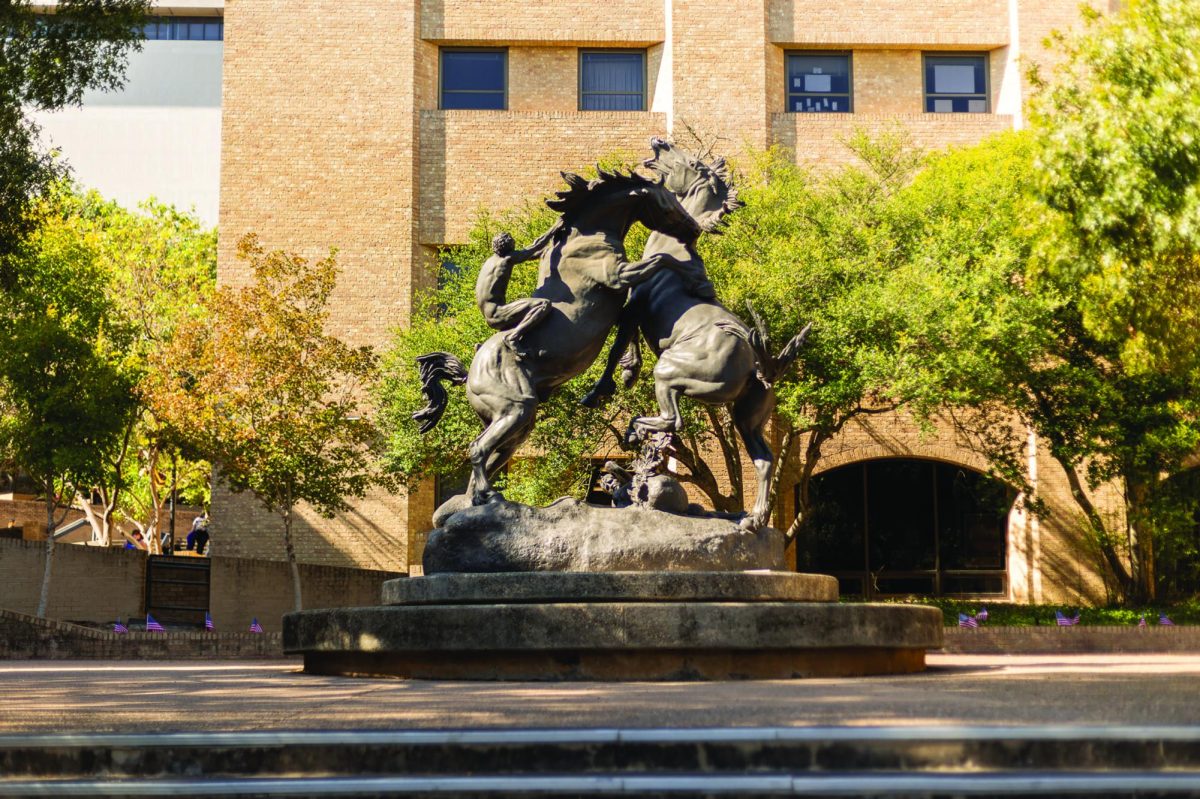Food insecurity amongst college students is rising, and practicing improper nutrition should not be the standard for these issues.
When thinking of the different types of college students, a “starving college student” who’s first meal is a cup of ramen at 4 p.m. comes into mind. This trope is supposedly a universal staple in college experiences, particularly the dorm experience. Practicing improper nutrition and skipping meals have increasingly become normalized on college campuses. These tropes, however, are an unamusing reality for food-insecure students.
There are several reasons why college students are skipping meals. Preparing meals is time-consuming, and a quarter of college students are both full-time workers and students who suffer from “time poverty.” After a long day of work and classes, many students arrive home with an empty stomach and don’t want to take an hour or two to prepare and cook a meal. The easiest solution is to dine out.
Most students don’t plan on skipping meals, however. They happen to do so a few times during a particularly busy week or month, but skipping meals can easily switch from being circumstantial to habitual. It becomes etched into neural pathways, setting the decision-making part of the brain to sleep mode. So even though skipping meals isn’t always a decision students plan to make, it ends up becoming a part of their daily routine.
A solution to the issue of improper nutrition in college students is time management. While cooking at home does take more preparation time, it’s worthwhile in the end. The University of Washington Health Sciences/UW Medicine found that people who cook at home more often tend to have healthier diets with lower food expenses. They suggest meal prepping, which is planning and cooking your meals for the week on one day and storing the meals for later consumption, to cut down on the time it takes to prepare meals throughout the week.
Another reason students skip meals is the cost of food. Temple University and the Wisconsin HOPE Lab found in a survey of 43,000 students at 66 institutions in 20 states, 36 percent were food insecure. They also found hunger insecurity disproportionately affects marginalized students who work long hours. The one-third of students who were food insecure either skipped meals or sacrificed home-cooked meals for fast food.
The study also found inflating college costs and inadequate aid packages alongside the growing enrollment of low-income students are to blame. Food insecurity is not a new issue, but it seems to be growing worse with the rising college costs and a stagnant minimum wage.
There are many unintended yet serious consequences that come with improper nutrition in college students. The Nutrition and Resources for Disabled Students and the Kendall Anderson Nutrition Center advise students to especially eat healthier when stressed because a poor diet can lead to decreased focus, energy and immunity. They also found a healthy diet can help students study better, have more energy and keep their minds focused.
Texas State states food insecurity is an issue that possibly up to 28 percent of its students face. To combat this, there is a program called Bobcat Bounty which is a client-choice food pantry for students that is partnered with the Hays County Food Bank. This program began in 2018 and is run by students under the direction of faculty from the Food Security Learning Community in the Nutrition and Foods program. Although students are the target group for this program, Bobcat Bounty is also open to those who are not affiliated with Texas State. The pantry is open on Thursdays from 5 p.m. to 7 p.m.
There are plenty of risks associated with not eating properly or at all. An unbalanced diet has both long- and short-term consequences. Short-term effects are decreased energy and focus, while the long-term effects include an increased risk of cardiovascular disease, osteoporosis and cancer. Skipping meals and eating improperly should not be considered characteristics of college students. Instead, it should be met with solutions like Bobcat Bounty that aim to combat food insecurity within students.
– Carissa Liz Castillo is an English senior
Categories:
Food insecurity in students leads to improper nutrition
January 25, 2019
0
Donate to The University Star
Your donation will support the student journalists of Texas State University. Your contribution will allow us to purchase equipment and cover our annual website hosting costs.
More to Discover








